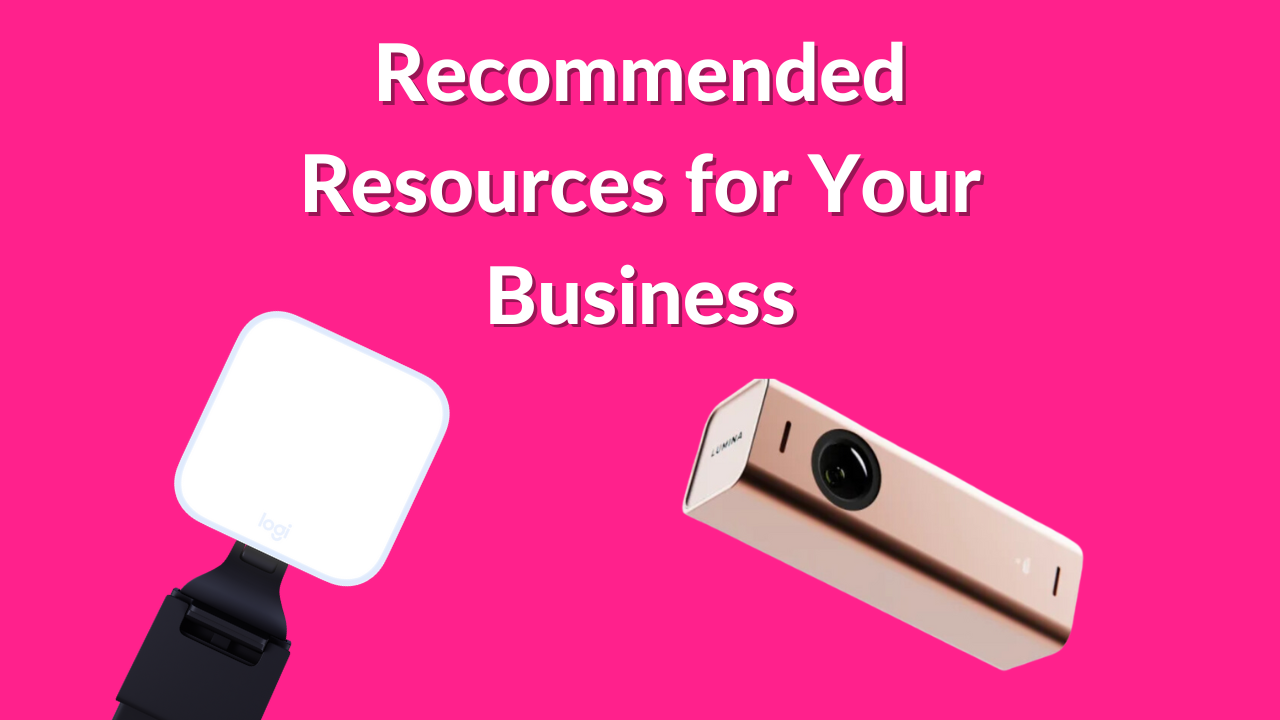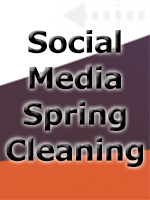I want to confess right off the bat that I’ve never been on Twitter. But in the past few weeks it seems like everywhere I turn someone is talking about Twitter. I’ve been on the fence about giving it a try. After all, I’m just really starting to get my feet wet on Facebook and have only been using LinkedIn effectively for about seven months. Do I really want to learn another social media platform? Do I have the time?
Then I got a notice about Adam Urbanski’s teleseminar series about social media. Yesterday’s guest was Twitter expert Deborah Micek. I decided I could afford 90 minutes to find out about this Twitter thing. I’m glad I took the time. Coach Deb – as Adam called her – is an entertaining speaker and a real fan of Twitter. After hearing her talk I’m convinced. I will be Tweeting by the end of the week.
What is Twitter?
Twitter is part social network and part micro-blogging. What exactly does this mean? On Twitter you make posts (called Tweets) that answer the question, what are you doing? These posts must be under 140 characters. Yes characters, not words! Hence the micro part.
You can follow the Tweets of various people and they can follow you. People receive the Tweets they follow on their computer or their mobile phone. You can send Tweets directly to an individual or broadcast it to everyone who is following you.
Deborah Micek’s Top Ten Reasons Businesses Should Be On Twitter
1. It’s a Fast and Easy Way to Communicate With Clients
You can use Twitter to keep in touch with clients, prospects and your “tribe” of raging fans. Short, sweet and useful Tweets keep you in front of the people you need to know.
2. Brand Recognition
Twitter takes the Rule of Seven and puts it on its head. You could easily be sending seven Tweets a day. That’s a lot of times to have your name in front of people.
3. Reputation Management
If you’re not on Twitter, you don’t know what’s being said about you. Your name or your brand could be trashed and you wouldn’t know about it. If you don’t know, you can’t fix it.
4. Research
Twitter can be a fast and easy way to do research. Deborah mentioned she often sends out a Tweet to her tribe if she’s forgotten where to find something or need to know something fast. Response can be almost instantaneous.
5. Trend Spotting
Since people are sharing their best tips in their Tweets, you can quickly spot new trends by what’s being talked about.
6. Be On the Leading Edge
Twitter is still new enough that those who come on board are still early adopters. This is important because you may still be able to grab the name you want – both your personal name and your business name. Also, by getting on board early, you can build your Twitter tribe with little competition.
7. Strengthen Bonds
By connecting with friends, colleagues, clients and joint venture partners on Twitter, you can keep in touch. The 140 character limit means it’s easy for them to follow you without taking too much time. An email is easily ignored or left until a less busy later that never comes. Tweets are instant little notes that Twitter followers seem to read.
8. Attract New Clients
Deborah warns that this had better not be your primary focus on Twitter. Users can smell a “marketplace molester” a mile a way.
I had to laugh at that term – we’ve all met one. It doesn’t matter if you’re networking on Facebook, LinkedIn or in real life, there’s always one person (only one?!?) who just doesn’t get it. They’re only there to sell their stuff and don’t care about what you do and can’t be bothered to get to know you well enough to even see if you are a good prospect.
A good rule of thumb on Twitter is to make sure only one in five Tweets are about your business or industry. The rest, get personal. “Donald Trump is wrong. Business is personal,” Deborah said. Twitter gives you the ability to get personal, in bite sized amounts.
And when you do talk about your business, don’t make it a sales pitch, at first. Try sending them to a blog post they might find useful. It’s about building a relationship, not closing the deal.
9. Find and Connect with Influencers
Twitter is a PR agent’s dream – it’s short and fast. By connecting with industry leaders and influencers, you have a better shot of being heard by your Tweets than from email. Deborah told the story of how she met some influencers at a conference but wasn’t really able to keep the connection alive. Then she connected with them on Twitter and now they’re working on some joint venture projects.
10. Search Engine Optimization
One useful feature of Twitter is you can see what are the most popular terms (twemes) being Tweeted about. This can be extremely useful for your own SEO. By keeping an eye on what people are Tweeting about, you can make sure you incorporate these terms into your own Tweets, blog posts and web pages.
Since Twitter is limited to 140 characters, many things are abbreviated. Deborah warns us not to abbreviate our key words while on Twitter. It will make it easier for people to discover you.
What’s Next.
This is not the definitive post about Twitter by any stretch of the imagination. I have four more pages of notes from the teleseminar that still need to be looked at. But I’ve come to the conclusion that I need to give Twitter a try. I’ll be signing up in the next few days.
If you need more information about Twitter, you can get the recording of the teleseminar with Deborah Micek by going to www.fromcontactstocontracts.com and paying for the upgrade which includes recordings. You can also go to Deborah’s site twitterhandbook.com.
If you’re not yet convinced, don’t worry. I’ll be your guinea pig. As I play with yet another social media tool over the next few weeks and months, I’ll be sure to report back.
Andrea J. Stenberg
Have you used Twitter? Tell us what you think by leaving a comment.






